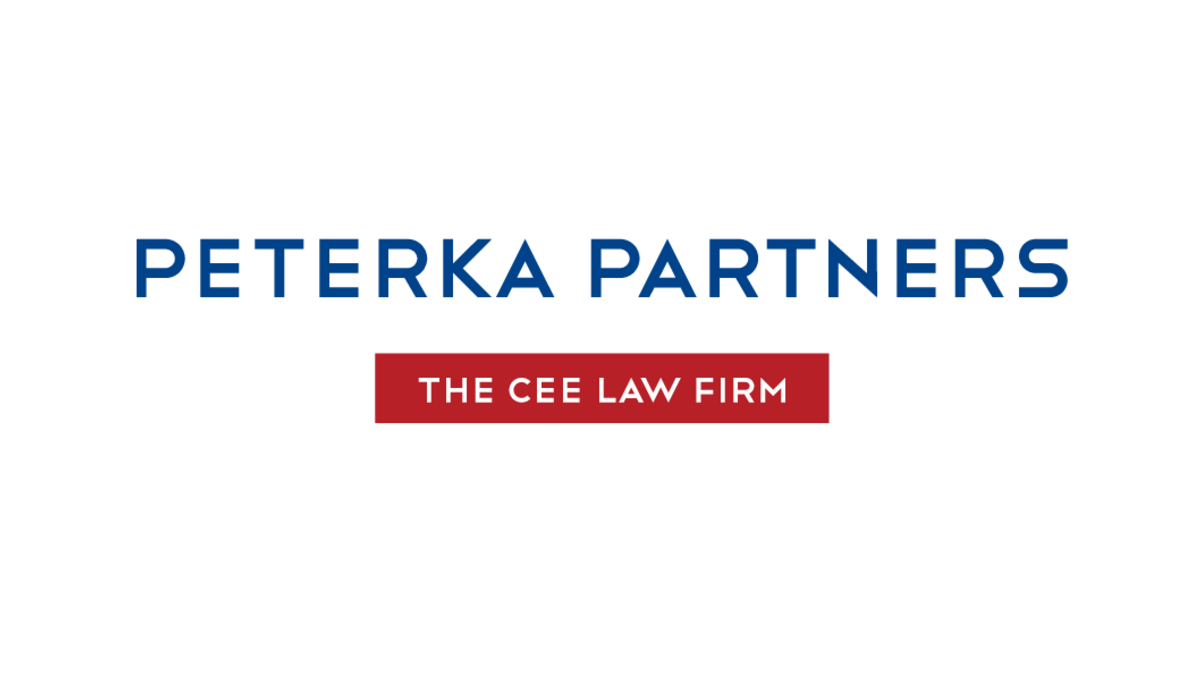Actus des entreprises
Peterka Partners: Changes to the Labour Code in Bulgaria as of 1 August 2022

Various amendments to the Labour Code have entered into force on 1 August 2022. The changes are mostly aimed at the implementation into national law of Directive (EU) 2019/1152 and Directive (EU) 2019/1158. We summarise below the main developments.
Prohibition for additional work for another employer
Until the last amendments it was possible to agree in an employment agreement that the employee shall not work for another employer outside the working hours established under the principal employment relationship. From now on such complete ban on additional work for another employer will not be possible and limitations on additional work could be introduced only due to protection of employer’s trade secret and/or conflict of interest.
In light of the above, it is worth mentioning that under Bulgarian law trade secret is any commercial information, know-how and technological information not generally known or readily available to persons from the circles that normally use this type of information. In addition, it has to be with commercial value due to its secret nature and measures must be taken by the person controlling the information to keep the information in secrecy.
On the other hand, there is no strict definition in Bulgarian legislation on what constitutes conflict of interest and this might pose challenges to employers wishing to benefit from the possibility to ban additional work on such ground.
New obligations for employers to provide information
New obligations are introduced for employers with regards to the provision of certain type of information. Employers now have to acquaint the employee with the internal salary rules, to provide information on the terms and conditions for termination of the employment agreement according to the Labour Code, as well as information about the trainings ensured by the employer related to maintaining and increasing employees’ professional qualifications and improving professional skills.
Timely provision of information on changes in employment relationships
The existing obligation of the employer in cases of changes in the employment relationship to provide the necessary information on the changes in writing shall be performed not later than the entering into force of the amendments. Before the recent amendments such information had to be provided at the earliest opportunity and not later than one month after the entry into effect of the change. The aim is such information to be made known to the employee in a timely manner to ensure an appropriate degree of transparency regarding working conditions and to avoid possible labour disputes. Such changes in the employment relationships include cases in which the employer is allowed to unilaterally amend some of the elements of the employment relationship (e.g. in case of secondment, declared state of emergency or a declared emergency epidemic situation, etc.)
Shorter trial periods in certain cases
Trial periods of up to six months can generally be introduced in Bulgarian employment agreements. The amendments modify this legal framework to some extent since in cases of contracts for work up to one year the maximum trial period shall be one month. In this way, the trial period would be determined proportionally to the agreed duration of the work.
Proposal for changes in the employment agreement
A new possibility to propose amendments to the employment agreement is explicitly introduced for employees. When the employment agreement is for a fixed term and/or for part-time work, the employee has the right to propose to the employer in writing its conversion to an employment agreement for an indefinite period of time and/or for full-time work. In case that a trial period has been agreed upon, the employee may propose such change to the employment relationship after the expiration of the trial period. In case that the employer refuses to amend the employment relationship, a reasoned written answer has to be provided as a rule to the employee within a period of up to one month. The introduced obligation for the employer to give written reasons for the refusal would allegedly guarantee that the employee will be notified of the objective reasons for the rejection.
Trainings and professional qualifications
The recent amendments introduce also a more detailed regulation with regards to the professional qualification of the employees. All costs related to trainings to maintain and increase the professional qualification of employees shall be at the expense of the employer when the obligation for such training derives from a legal act, a collective employment agreement or the individual employment agreement. The training time shall be considered working time and, whenever possible, the training shall take place within employee's established working hours.
The above changes have become effective as from 1 August 2022. Some of the amendments affect also existing relationships e.g., new obligations on provision of information and employers should consider respective steps in view of ensuring compliance.
* * *
This article was prepared by Silvia Naumova, Associate at PETERKA & PARTNERS Bulgaria.
No information contained in this article should be considered or interpreted in any manner as legal advice and/or the provision of legal services. This article has been prepared for the purposes of general information only. PETERKA & PARTNERS does not accept any responsibility for any omission and/or action undertaken by you and/or by any third party on the basis of the information contained herein.












